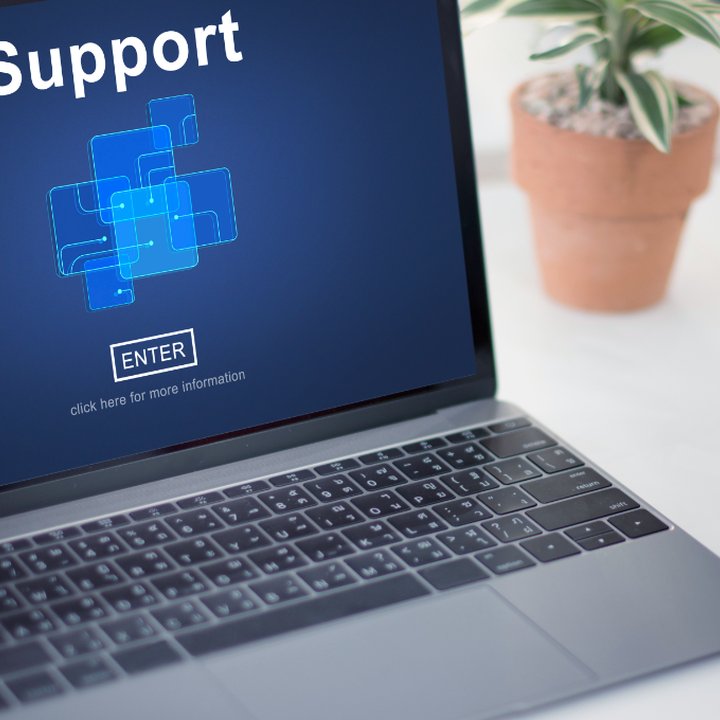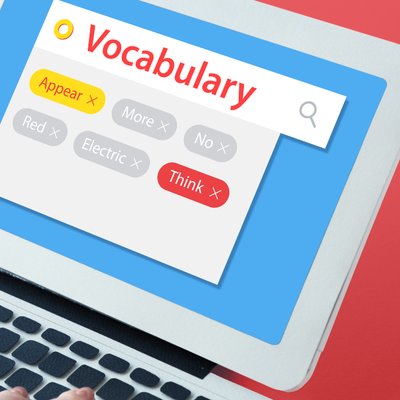When users encounter technical issues, they often turn to tech support for assistance. But what happens when a tech support professional is not proficient in English, the lingua franca of the tech world?
Should Tech Support Speak Fluent English?
The first question that arises is whether tech support professionals should speak fluent English. The short answer is yes, and here's why.
Clear and concise communication is the foundation of effective technical support. Tech support agents need to understand users' problems and provide solutions promptly. Fluent English is often a requirement because it ensures that communication flows smoothly between the user and the support agent. Miscommunication due to language barriers can lead to frustration and extended problem-solving times, which is detrimental to both the customer and the company.
Moreover, tech support professionals often need to read and write technical documentation, which is typically in English. Without a solid grasp of the language, understanding and creating such documentation becomes challenging.
Technical Support Vocabulary
Effective communication in tech support relies heavily on using the appropriate technical vocabulary. Here, we'll delve into various technical terms and provide lists and examples to help tech support professionals enhance their language skills.

1. Hardware Terminology:
- CPU (Central Processing Unit): The main processing unit of a computer.
- RAM (Random Access Memory): The temporary storage space used by a computer to process data.
- GPU (Graphics Processing Unit): Responsible for rendering graphics on a computer screen.
- Hard Drive (HDD or SSD): Storage devices for data and programs.
2. Networking Terms:
- Router: A device that directs data packets between computer networks.
- LAN (Local Area Network): A network of interconnected devices within a limited area.
- IP Address (Internet Protocol Address): A unique numerical label assigned to each device on a network.
- Firewall: A security system that monitors and controls incoming and outgoing network traffic.
3. Software Jargon:
- Operating System: Software that manages computer hardware and provides common services.
- Browser: A program used to access the internet (e.g., Chrome, Firefox).
- Plug-in: An add-on software component that enhances a program's functionality.
- Driver: Software that allows hardware devices to communicate with the operating system.
4. Troubleshooting Terms:
- Debugging: The process of identifying and fixing errors or bugs in software.
- Crash: When a program or system suddenly stops working.
- Compatibility Issue: Problems arising from software or hardware not working together.
- Patch: A software update that fixes security vulnerabilities or improves functionality.
5. Internet-Related Vocabulary:
- Bandwidth: The amount of data that can be transmitted over an internet connection.
- DNS (Domain Name System): Converts human-readable domain names into IP addresses.
- Latency: The delay between sending and receiving data over the internet.
- ISP (Internet Service Provider): A company that provides internet access to customers.
6. Security Terms:
- Malware: Malicious software, including viruses, spyware, and ransomware.
- Phishing: Attempting to deceive individuals into revealing sensitive information.
- Authentication: The process of verifying the identity of a user or device.
- Encryption: Encoding data to protect it from unauthorized access.
7. Hardware Components:
- Motherboard: The main circuit board of a computer, connecting all components.
- Power Supply Unit (PSU): Provides electrical power to the computer.
- Graphics Card: A hardware component responsible for rendering graphics.
- Sound Card: Enhances audio quality and functionality.
8. Mobile Device Terminology:
- Smartphone: A mobile phone with advanced features, including internet access.
- Tablet: A portable computing device with a touchscreen interface.
- App (Application): Software designed for specific tasks on mobile devices.
- Mobile OS (Operating System): Software that powers mobile devices (e.g., iOS, Android).

Calling Tech Support - Conversation Scenarios
Let's delve into some conversation scenarios to understand the challenges tech support professionals might face due to language limitations and how to overcome them.
Scenario 1: User Reports Slow Internet
User: "My Internet is slow. Fix it!"
In this scenario, a tech support professional with limited English might struggle. To overcome this, they can:
- Politely ask for more details: "Could you please provide more information about the issue? Are you experiencing slow speeds on all devices?"
- Use simple, clear language: "I'll run a diagnostic check on your connection to identify the issue."
Scenario 2: User Encounters Software Error
User: "I got a weird error message on my computer."
For a tech support agent with language limitations, addressing software errors can be challenging. To handle this situation effectively:
- Ask the user to describe the error message: "Could you please tell me the exact error message you received?"
- Use remote desktop tools for visual assistance, reducing the need for extensive verbal communication.
Scenario 3: User Needs Help Configuring Email

User: "I can't set up my email. Help me!"
Configuring email can be tricky, especially if the tech support agent struggles with English. Here's how they can navigate this scenario:
- Request access to the user's screen to guide them through the email configuration process visually.
- Provide step-by-step written instructions to accompany the verbal guidance.
While being hired as tech support may not require you to embrace English fluency instantly, it certainly benefits your effectiveness and your customers' satisfaction when you work towards it. Effective communication, backed by a strong technical vocabulary, is the key to success in tech support.
So, if you find yourself in a tech support role, don't let language limitations hold you back; instead, view them as opportunities for growth and improvement in your career.
By recognizing the importance of fluent English and technical vocabulary, tech support professionals can enhance their ability to assist users effectively. Moreover, when faced with conversation scenarios that require clear communication, tech support agents can employ strategies such as asking for more details, using visual aids, and providing written instructions.
In the dynamic world of technology, the ability to bridge language barriers can make all the difference in providing exceptional tech support.
Continue to expand your technical vocabulary, improve your English skills, and strive to provide top-notch support to your customers.













